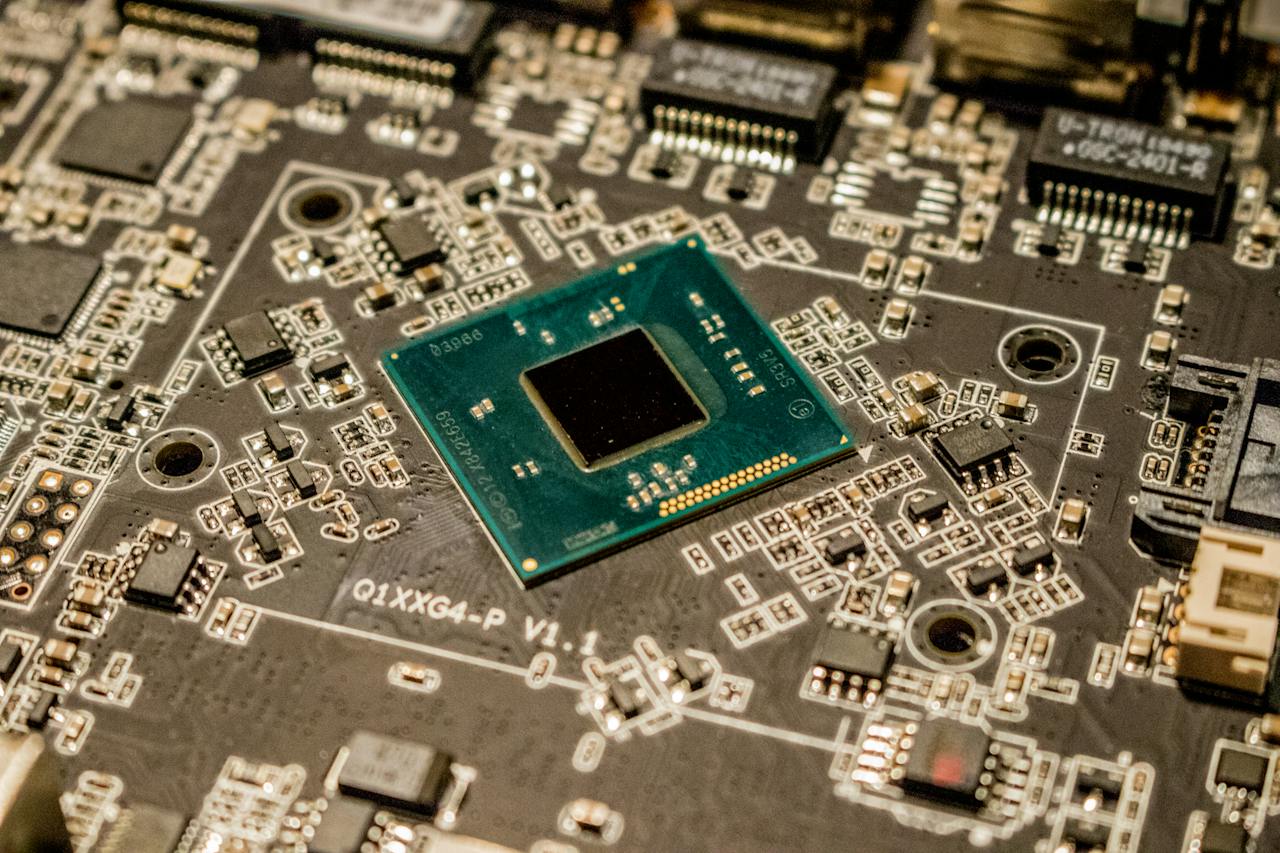Nvidia Corporation, the preeminent chipmaker globally, is enhancing its Artificial Intelligence processor, the H100, aiming to fortify its capabilities and maintain a competitive edge in the AI computing market. Nvidia announced on Monday that the forthcoming model, identified as the H200 chip, will be equipped with the capability to leverage high-bandwidth memory, denoted as HBM3e. This advanced memory technology is designed to streamline the processing of colossal datasets, a critical requirement for the advancement and application of artificial intelligence.
Major players in the cloud service sector, including Amazon.com Inc.’s AWS, Alphabet Inc.’s Google Cloud, and Oracle Corp.’s Cloud Infrastructure, have enthusiastically announced their intention to integrate the H200 chip of Nvidia into their systems, with implementation slated to commence in 2024. This move reflects the industry’s recognition of the increasing importance of high-performance AI processors and the potential impact of Nvidia’s technological advancements.
The existing version of Nvidia’s processor, the H100, has already gained immense popularity among tech titans such as Elon Musk and Larry Ellison, who are keen on acquiring the most potent offering in the market. However, formidable competition from rivals like AMD and Intel, who are launching similarly powerful alternatives, necessitates continuous innovation.
By introducing enhanced memory capabilities in the H200, Nvidia is providing users with significantly improved performance, especially when dealing with data-intensive tasks. This augmentation is crucial for training AI systems to perform complex functions, such as image recognition and speech comprehension. The move aligns with Nvidia’s history of innovation, which originated with the demand for its graphics cards and led to the development of parallel computing—an approach enabling the simultaneous management of vast amounts of simple calculations. This strategic move allowed Nvidia to outpace Intel and secure major orders from data center institutions.
Despite its industry dominance, Nvidia has faced challenges due to the tightening of U.S. regulations on the sale of AI accelerators to China. Presently, restrictions prevent the export of the H100 and other processors to China. In response, Nvidia has reportedly been working on new AI chips that comply with Chinese policies, a development aimed at maintaining its global market presence.
Investors are eagerly awaiting insights into Nvidia’s current status, which will be revealed with the release of its earnings report on November 21. The new H200 chip is anticipated to be adopted by prominent computer manufacturers and cloud service providers in the second quarter of 2024, underscoring the continued evolution of the product lineup of Nvidia.
The evolution from the H100 to the H200 underscores Nvidia’s success and reliability in the AI computing market. The ongoing competition among industry heavyweights to develop the most efficient processor remains fierce, but Nvidia’s continuous enhancements to the H100 ensure its continued prominence as the apex product in the sector.
Source: Bloomberg



